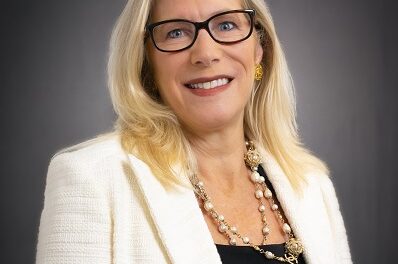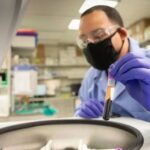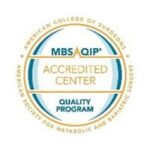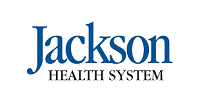Institutions of higher learning have frequently been the mechanism through which the achievements of modern science are made accessible to the general populace. Around the turn of the last century, for instance, the Council on Medical Education and the Carnegie Foundation for the Advancement of Teaching commissioned educator Abraham Flexner to conduct a broad survey of medical education in America, with the principal aim of promoting reforms among a discipline that, at the time, was fragmented and chaotic—lacking in the uniform practice of standards that would create competence across the profession: “American doctors varied enormously in their scientific understanding of human physiology, and the word ‘quack’ flourished.”
Flexner’s study and report is largely credited with facilitating the tremendous success of American medical education during the last century. His findings standardized admissions protocol while promoting science-based medicine and drawing a distinction between medical educators and medical doctors, as Flexner favored the appointments of “true university teachers, barred from all but charity practice, in the interest of teaching.”
Fast forward some 100 years and a different Abraham is also extolling the autonomy of medical educators. The Master’s degree program in Medical Education at Nova Southeastern University’s Abraham S. Fischler School of Education is designed for medical professionals who wish to parlay their industry experience into a teaching career. Of a spirit with Flexner’s recommendations, the program favors the transformation of real world medical knowledge into expedient classroom instruction. It also has anticipated and begun to engage many of the contemporary healthcare challenges that Flexner could not have foreseen.
A recent article in the Lancet outlined some of these emerging concerns, specifically calling for a paradigm beyond that established by Flexner, one that would more directly confront the challenges of 2012: “Glaring gaps and inequities in health persist both within and between countries. At the same time, fresh health challenges loom. New infectious, environmental, and behavioral risks, at a time of rapid demographic and epidemiological transitions, threaten health security of all.”
The Fischler School’s MS in Medical Education aspires to develop teachers who have an holistic and comprehensive view of health care—educators well-equipped to tackle the millennial healthcare issues referenced above. The program has pronounced appeal for lifelong medical professionals who yearn to teach. Examples include university physician faculty members, community clinical preceptors, physician’s assistants, and nursing faculty.
This diverse applicant pool is unified in possessing the will and desire to understand millennial healthcare challenges and consequently improve delivery of medical services. The Fischler School’s M.S. in Medical Education helps them to achieve this goal by refining their experience and knowledge into teaching strategies that speak to the next generation of medical professionals.
The curriculum is as diverse as the students. During the three-year program, students receive instruction in teaching methods for the millennial generation (HED 600 Practicum I: Teaching Medical Students and Other Health Professions Students in a Diverse Learning Environment); use of advanced classroom infrastructure (HED 620 Practicum III: Technology Resources for Health Professions Education); and real-world healthcare scenarios (HED 650 Practicum VI: Research in Health Professions Education)
Of these, perhaps the latter is most indicative of the program’s forward-thinking nature. As the culminating course in the program, HED 650 “engages the student in a problem-solving experience designed to improve or enhance a medical or health profession educational situation.” This is precisely the type of experiential immersion that will create dynamic and nimble educators, readily able to educate the next generation of medical professionals.


























